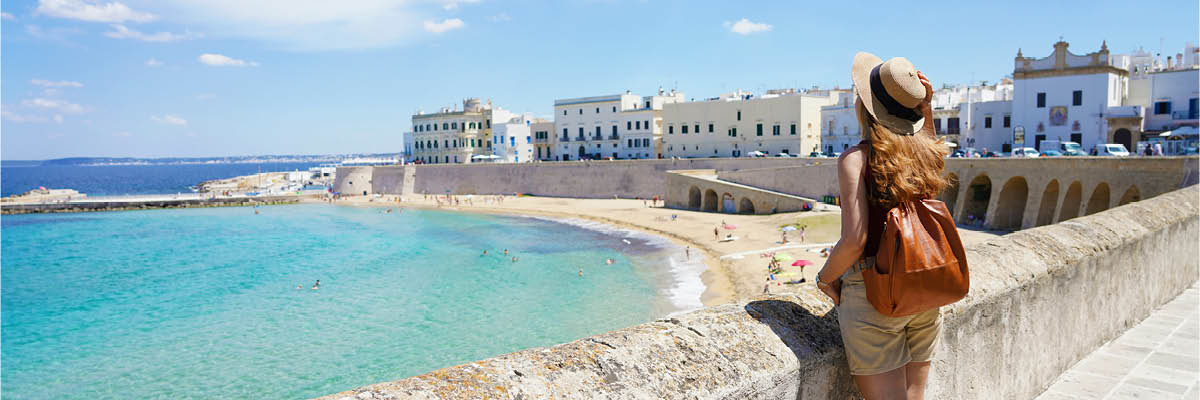Guide to travelling with cash
How much money can you take abroad?
If you’re travelling abroad from the UK with £10,000 cash or more, you’ll need to
declare it with UK customs. You will need to declare €10,000 cash or more if you carry it between
Northern Ireland and any non-EU countrySee footnote 11.
Elsewhere, rules on carrying cash vary from country to country. For example, for countries in the EU,
you’ll need to fill in a cash declaration form or declare money at an airport if you’re
carrying €10,000 or more but this won’t apply to every European countrySee footnote 22. Figures vary
even more when travelling to countries on other continents with different currencies.
To avoid being issued a fine or having your money seized, it’s always best to check your
destination’s local rules in advance.
How much cash can I bring into the UK?
If you’re bringing £10,000 cash or more into the UK, or €10,000 or more into
Northern Ireland, you’ll need to declare it with customsSee footnote 33.
You’ll need to make a declaration if the total amount of cash your group or family is
travelling with exceeds the £10,000 or €10,000 limit, even if individuals are carrying
less than that.
You’ll have to give details about:
- who’s carrying the cash
- your journey
- how the cash was generated
- how the cash will be used
Declarations can be made 72 hours before you travelSee footnote 44.
Travelling with cash abroad
Follow these five tips to keep your cash safe when abroad:
- Split where you store your money – This is one of the best ways to make
sure that if someone steals your cash, they don’t take all of it. Perhaps you could share
your money between a group to lower the risk of losing it all from one theft.
- Only carry what you need – By splitting your money and only taking out
what you need each day you can minimise the amount of cash you lose if a wallet or purse is
misplaced or stolen.
- Consider a money belt – If you really want to keep your cash close, a
money belt could be the answer. Wearable wallets are often slim enough to hide under clothing
and some models stop would-be thieves from making contactless card payments if your debit and
credit cards are stored inside.
- Store your cash securely – Taking time to set a combination and using a
hotel or apartment safe can give you peace of mind that your money is stored securely.
- Exchange money with official vendors – It may be tempting to exchange
currencies with street vendors offering competitive rates, but your money is always safest with
a bureau exchange at a fixed address.
Buy foreign currency for your next holiday with M&S Travel Money.
Updated July 2023
